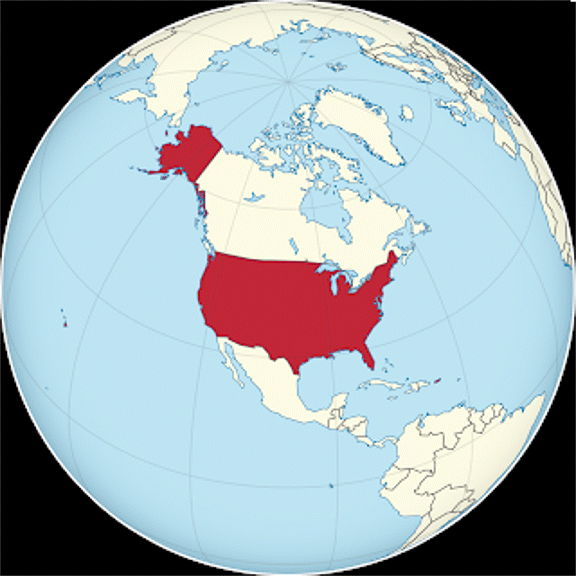How American Should American Schools Be?
Part of the impetus behind modern education reform is the idea that more of the education system should be operated by businesses. Many merits and drawbacks of that approach continue to be debated, but one aspect is rarely discussed. Modern business is multinational, so we need to ask--how much control of our educational system do we want to send outside of U.S. borders?
Charter schools have been one path by which foreign nationals can become involved in the U.S. education system. The most notable example is the schools of the so-called Gulen charter chain. The Sunni imam Fethullah Gülen (who is almost always awarded the adjective "reclusive") moved to the U.S. in 1999 for medical treatment. Within a decade, he had created a wide-ranging group of charter schools. The chain has been used to issue H-1B visas to large numbers of Turkish nationals to come to teach; numerous reports claim that they are also expected to kick back part of their salary. The schools are also accused of funneling money to groups such as Gulen-linked construction companies. While some conservative critics worryabout Gulen schools as indoctrination centers, many others are concerned that the Gulen schools are using U.S. taxpayer dollars to fund a government in exile. At the very least, Gulen schools put U.S. students in the middle of a foreign power struggle; the Erdogan government has actively worked to undermine the chain, and the 2016 Turkish coup attempt was blamed on Gulen.
That's just one charter chain, but it's one of the largest chains in the country, with as many as 150 CONTINUE READING: CURMUDGUCATION: How American Should American Schools Be?
CURMUDGUCATION: Measuring Success: A Study in Contrasts
Two items tossed my feed this week that underline contrasting ideas about what constitutes success in education.
First, let's go to the Jackson-Madison County school system of Tennessee. At JMCSS folks are pretty excited because they've made such strides with the addition of a unified curriculum. They know this worked because they have all sorts of growth data, much of it exceeding expectations.
 |
| Not on the same page. |
Nor is the "how they did it" part of the article very encouraging. Talking to Superintendent Jared Myracle (I swear I am not making that up):
“It’s a game changer,” he said. “Getting everyone on the same page, having everyone use the same approach is a huge thing.”
With a new, uniform curriculum, there is consistency across the district. He said that’s important because students at one school shouldn’t be learning differently than students at other schools, especially because families move across the district.
Sigh. So they found a super-duper one-size-fits-all program and jammed the entire teaching staff CONTINUE READING:CURMUDGUCATION: Measuring Success: A Study in Contrasts

